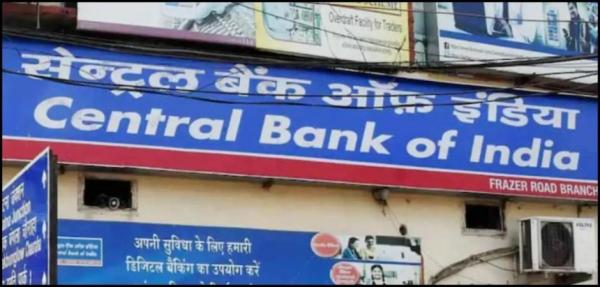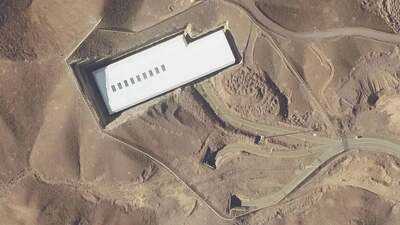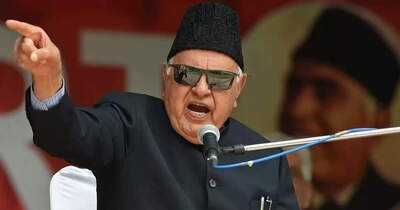

A monetary tempest ravages the global economy, with central banks’ divergent policies carving an economic chasm that imperils macroeconomic stability and economic justice.
On June 20, the European Central Bank (ECB) signaled a July rate cut, citing Eurozone inflation at 2.3%, per Eurostat, while the Bank of Japan (BoJ) clung to its 0.1% rate, injecting ¥1 trillion in bonds, per Nikkei Asia, against the U.S. Federal Reserve’s unyielding 5.25 – 5.5% stance, per Reuters.
This schism has unleashed currency havoc, with the Indian rupee plummeting to ₹86.45 per USD, per Groww, and emerging markets hemorrhaging $2 trillion since 2024, per BIS. It’s hence critical to dissect the macroeconomic peril of monetary divergence, urging a moral crusade to shield 1.2 billion souls subsisting on under $5 daily, per World Bank.
A Shattered Monetary Pact: Global Fractures
The ECB’s dovish shift, paring €50 billion from its balance sheet, per Bloomberg, has sapped the euro 1.7% to $1.06, inflating Eurozone import costs by 3%, per OECD. The BoJ’s stimulus, despite yen’s slide to ¥159/USD, fuels a 2.5% export surge but burdens households, per Statista.
The Fed’s hawkish grip, driven by 3.1% U.S. inflation, per BLS, lures capital from emerging markets, with South Africa’s rand dropping 2% and Brazil’s real 1.8%, per Reuters.
India’s Sensex fell 0.2% to 81,282 on June 20, per NDTV Profit, as $1.5 billion in FII outflows spiked 10-year G-Sec yields to 6.85%, per Mint. The BIS’s 2025 Triennial Survey warns of U.S. dollar dominance amplifying spillovers, with 60% of emerging markets at risk.
India’s Perilous Balance: Currency and Inflation Woes
India’s macroeconomic fortitude 2.82% CPI inflation in May 2025, per The Hindu BusinessLine falters as rupee depreciation stokes 3.7% Q3 inflation, per RBI’s Financial Stability Report 2025. The CAD, at 1.2% of GDP for FY26, risks a $5 billion quarterly surge, per Kotak Institutional Equities.
Sensex titans Infosys and TCS shed 0.9% on June 20, per Business Standard, stung by U.S. revenue fears. The RBI, wielding $650 billion in forex reserves, may sell $2 billion monthly and tap $10 billion swap lines, per Emkay Research, eyeing a 25 bps August hike, per Mint.

A Confluence of Crises: Conflicts, Tariffs, and Policy Prudence
Armed conflicts, notably Israel-Iran, intensify monetary woes, with Brent at $77.28 inflating India and ASEAN import costs, per Reuters and Xinhua. Trump’s tariffs 10% on EU, 25% on China threaten a 2% global inflation surge, per IMF, prompting ECB and BoJ caution, per Eurostat and Nikkei Asia.
South Africa’s 8.5% rate hike and Brazil’s 50 bps cut, with a 30% debt service ratio, per IMF, reflect Global South prudence, yet deepen inequity for India’s 70% informal female workforce, per ILO, and 1.2 billion vulnerable, per World Bank, flouting SDG 1 and 10, per UN.
A Moral Imperative: Forging Monetary Unity
The G7’s silence, against China’s 4.5% yuan peg, per Xinhua, fuels 68% Global South distrust, per Afrobarometer. India’s RBI can spearhead a G20 $500 billion swap line network, per UNCTAD, to curb volatility. The 2026 G7 Summit must craft a monetary accord, ensuring capital equity.
Restoring Global Equity: A Multilateral Vision
India’s 66% domestic demand-driven GDP, per The Hindu BusinessLine, offers resilience, yet global unity is paramount. A G20 framework stabilizing currencies could shield 1.2 billion from inflation’s scourge. This crisis demands a global conscience, rooted in multilateralism, to forge an equitable economic dawn.
Clarion Call to Action: Unity or Ruin
The world stands at a precipice, with monetary discord threatening to plunge 1.2 billion into deeper poverty. Central banks must unite now, forging a G20-led $500 billion swap network to tame volatility, per UNCTAD. Delay risks an economic abyss, betraying the promise of shared prosperity for all.
(Major General Dr Dilawar Singh is an Indian Army veteran who has led the Indian Army’s Financial Management, training and research divisions introducing numerous initiatives therein. He is the Senior Vice President of the Global Economist Forum AO ECOSOC, United Nations and The Co President of the Global Development Bank.)
-
Explained: Why Fordow, Natanz & Isfahan Are Crucial To Iran's Nuclear Programme Amid War With Israel & Why US Targeted Them

-
National Conference Threatens Supreme Court Action Over Jammu and Kashmir Statehood Delay

-
Former Championship manager now working in airport aged 44

-
Former Championship manager now working in airport aged 44

-
Former Championship manager now working in airport aged 44
